Pharmacy Benefit Managers Fees Drive Up Drug Costs
A new trend in the way pharmacy benefit managers (PBMs) are collecting fees from pharmacy providers is driving up drug costs, gouging point-of-sale pharmacy operations, and playing havoc with spending at Centers for Medicare & Medicaid Services (CMS), according to recent reports from CMS and the Community Oncology Alliance (COA).1,2
Direct and indirect remuneration (DIR) fees have traditionally involved PBMs collecting a percentage of drug costs from pharmacy providers, via rebates and pharmacy concessions, and reporting those amounts to CMS. Since 2013, PBMs have been accounting for those fees in less transparent ways and collecting the fees well after beneficiaries have received the drugs, making it harder for CMS to oversee spending under Medicare Part D.
DIR fees are causing Part D beneficiaries to pay cost shares that do not reflect the actual lower prices of the drugs, and beneficiaries are moving faster through Part D benefit phases to the catastrophic phase of coverage, where Medicare costs are potentially higher, according to the CMS and COA reports. CMS stated that DIR fees more than doubled over a 3-year period, rising to $23.6 billion in 2015 from $10.5 billion in 2012.
Continue Reading on Targeted Oncology
